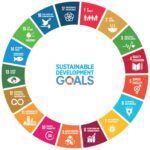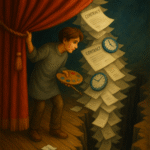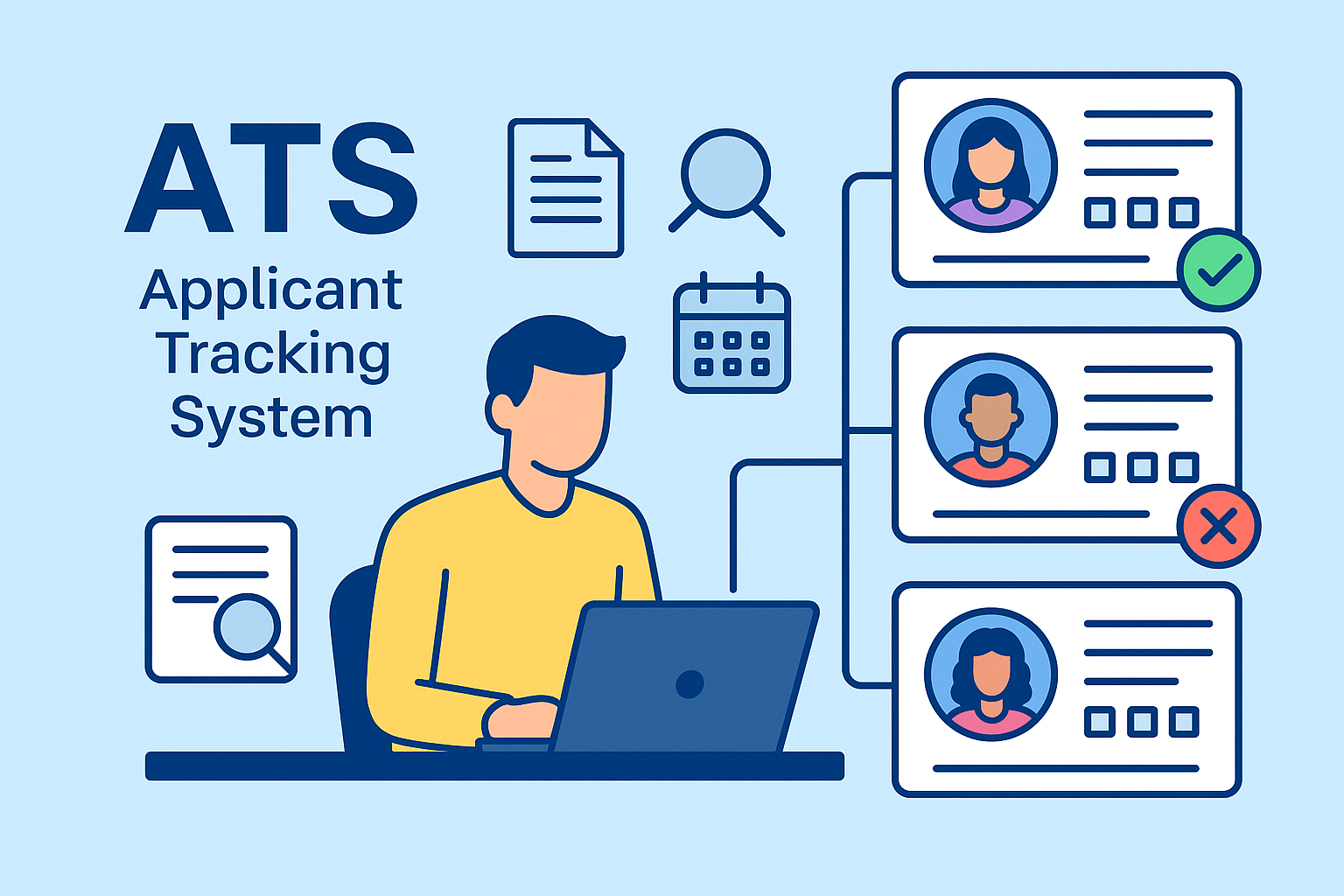Até os nove anos, meu desempenho escolar era motivo de orgulho para os meus pais — até que uma experiência traumática com professores de uma escola pública abalou profundamente minha autoconfiança e desencadeou uma ansiedade de desempenho que me acompanharia por anos.
Graças ao trabalho incansável de uma professora particular, consegui não repetir o ano e retornei à escola particular de onde jamais deveria ter saído. Foi lá que concluí minha formação técnica em Processamento de Dados.
Mas aquela experiência deixou marcas profundas.
Eu me tornei dependente de colinhas — não pelo conteúdo em si, mas pela segurança psicológica que elas me traziam. Desenvolvi técnicas elaboradíssimas para esconder esses papéis minúsculos, até comecei a codificá-los… e quase nunca precisei usá-los. Na verdade, o que eu escondia não eram respostas: era a minha ansiedade.
Então vieram as Inteligências Artificiais Generativas.
Mesmo antes de testá-las, eu já escutava discursos inflamados. “Ferramenta de trapaça”, “ladrão de textos”, “fim da criatividade humana”… Mas será que a ferramenta era de fato o problema?
Já viu alguém culpar a tampa do spray por uma parede pichada?
Algum tempo atrás, participei de uma palestra sobre a mudança de paradigma na educação por conta das novas tecnologias de IA. Naquele momento, eu já tinha minhas próprias opiniões — e admito que achei fascinante observar como as pessoas estavam divididas.
Um professor universitário reclamava, indignado, que o ChatGPT servia para colar em provas e trabalhos.
Outro participante respondeu dizendo que, ao contrário, muitos professores já estavam incorporando o ChatGPT em sala de aula justamente para estimular o pensamento crítico dos alunos: aprender com a ferramenta e, ao mesmo tempo, questionar o que ela produz.
Foi nesse instante que a expressão me marcou profundamente: PENSAMENTO CRÍTICO.
Lembrei-me de uma pesquisa que fiz quando retornei à universidade para estudar História da Arte, sobre como representações visuais da figura humana influenciam nossa percepção de tecnologias como IA e realidade virtual.
A verdade é que tendemos a projetar humanidade em tudo que parece “inteligente”.
Fazemos isso com nossos pets.
Fazemos isso com assistentes virtuais.
E, quando antropomorfizamos máquinas, também transferimos para elas responsabilidades que são — e sempre serão — exclusivamente nossas.
É aí que entra o tal pensamento crítico:
“Será que a informação que recebi está correta?”
“Devo mesmo fazer isso só porque a máquina disse que posso?”
“E, acima de tudo: isso é o certo a fazer?”
Hoje, abrindo o portal G1, me deparei com a seguinte manchete:
“Cola no ENEM 2024: candidatos postam nas redes sociais que levaram redações prontas escondidas”
Segundo a reportagem, alguns estudantes levaram para a prova modelos de redações prontas — compradas ou baixadas — escondidas em pequenos papéis.
Alguns custavam até R$ 50.
Bastava preencher as lacunas com o tema da prova.
Uma dessas pessoas ainda publicou a famosa “dica de ouro” na internet.
Enquanto isso, muitos continuarão culpando a Inteligência Artificial.
Mas e o pensamento crítico?
Quanto vale o futuro de alguém?
Quanto vale uma manhã inteira de prova?
Cinquenta reais?
Ferramentas não são boas nem ruins por natureza.
O que fazemos com elas, sim.
É bem possível que a mesma IA que esses estudantes usaram para colar seja a mesma que usei para condensar alguma parte do texto que você está lendo agora — e certamente a mesma que utilizo diariamente em pesquisa científica para analisar grandes volumes de dados históricos.
Por isso, se existe alguma “dica de ouro”, na verdade são duas:
Assuma responsabilidade pelas suas ações — com ou sem tecnologia.
E desenvolva o seu pensamento crítico. Sempre.










